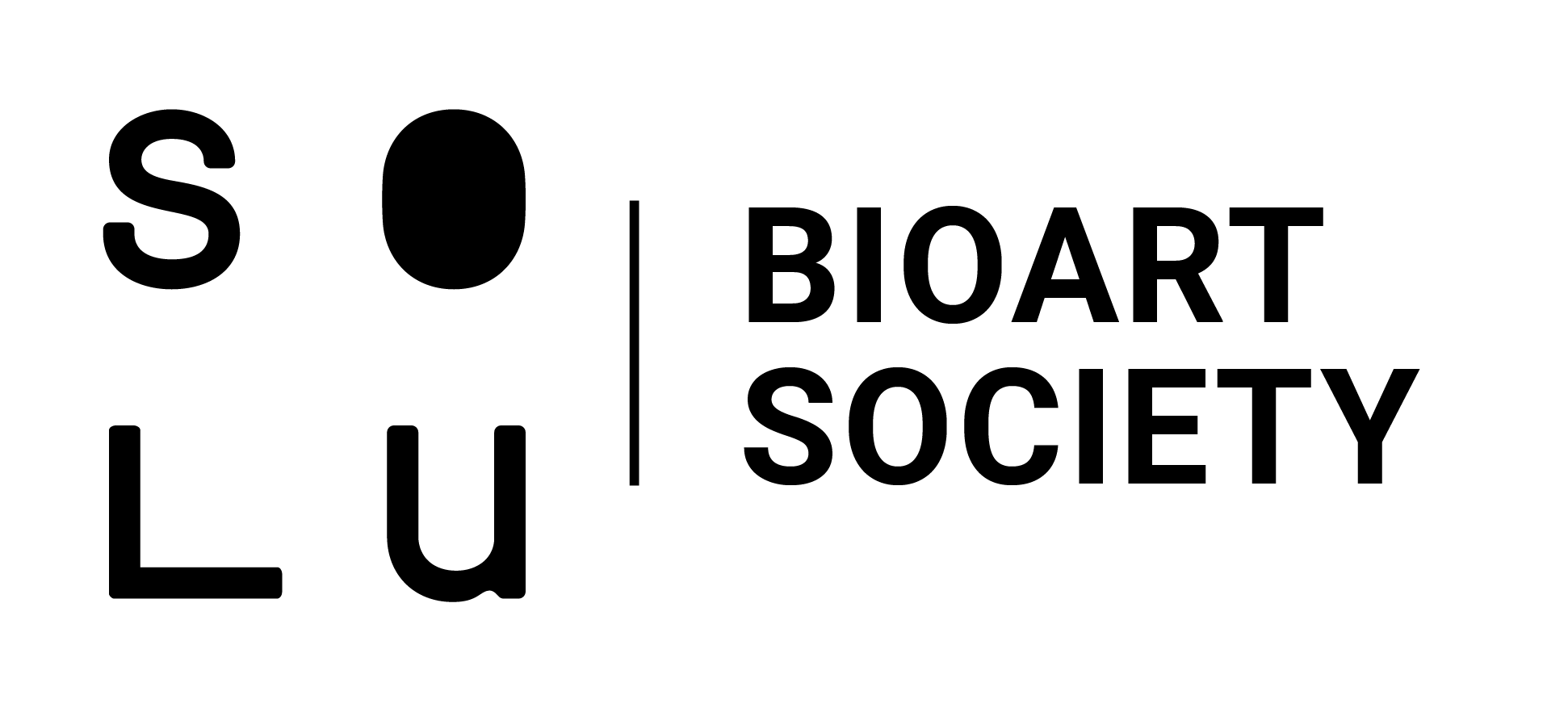Arc-hive: Case Studies and Life as an Object is a two-part publication offering fresh and valuable insights from numerous authors on the challenges of working with biomedia, with a special focus on preservation, archiving and digitization of biomedia practices. Together with the publication, an open-source digital platform has launched. The Arc-hive platform aggregates, preserves, publishes, distributes and contextualizes a variety of information, knowledge and documentation on art with a focus on biomedia, ensuring open access to a variety of users, and a wide outreach of digital materials across cultural sectors and territories.
On behalf of the Bioart Society, the Case Studies part of the Arc-hive: Case Studies and Life as an Object publication includes two articles: ‘Tomorrow’s Fossils’ by Judith van der Elst and ‘Stones in Boxes – Collecting Fossils from Finland’s North and Beyond’ by Björn Kröger, Judith van der Elst and Leena Valkeapää. ‘Life as an Object’ part of the publication consists of the proceedings from a symposium with the same name, organized by the Kersnikova Institute in February 2022.
Both articles were produced in the context of Field_Notes – Traces; a two-week field trip in September 2021 with artists and scientists invited by the Bioart Society to the Kilpisjärvi region in Northern Finland. During the trip, the participants shouldered their backpacks and followed the geological outcrops in search of the fossils to find out more about the ever-ongoing activity of tracing. The participants of Field_Notes – Traces included Björn Kröger, Elisa Koski, Sacha Marcet, Erich Berger, Lisa Kalkowski, Leena Valkeapää, Judith Van der Elst, Jaakko Pesonen and Sirja Moberg.
The Arc-hive: Case Studies and Life as an Object publication is part of the Creative Europe project Arc-hive, which addresses the challenges of creating and distributing cohesive digitization and dissemination protocols through a centralized digital space where knowledge and best practices relevant to art predominantly using biological materials are collected. Aimed at building capacities of various cultural agents working with biological and living materials, the project provides a feasible and tailor-made digital solution to some issues fundamental to the field, following philosophical principles of open data and information sharing in all project phases.
The Arc-hive partner associations include Bioart Society (FI), Kersnikova (SI), Hangar (ES), Kontejner (HR), Rbins Museum (BE) and Cultivamos Cultura (PT), which leads the project. Arc-hive is co-funded by the Creative Europe programme of the European Union, which aims to support European projects in the field of cultural production and innovation.
Photo: María Contreras

